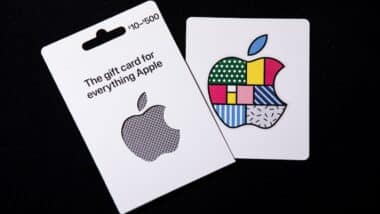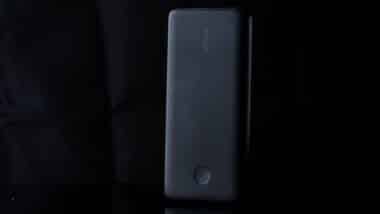FDA Responds to Advertising Claims for Anti-Aging Products
By Robert J. Boumis
 Some of the oldest human myths have centered on the idea of reversing aging. People fear getting old, and unfortunately, many products have exploited this fear to sell various snake oils. Over the years many of these products’ marketing claims have proven to be just as mythical.
Some of the oldest human myths have centered on the idea of reversing aging. People fear getting old, and unfortunately, many products have exploited this fear to sell various snake oils. Over the years many of these products’ marketing claims have proven to be just as mythical.
In March of this year, the U.S. Food and Drug Administration released a statement about an epidemic of products claiming exaggerated anti-aging effects. The FDA has sent dozens of Regulatory Letters to manufactures of these anti-aging products, warning them that various claims went beyond responsible statements for over-the-counter drugs.
The FDA’s statement holds that specific wording in many anti-aging products crosses the line into drug claims – claims that only prescription medications could make, and only through clinical testing.
For example, the FDA cites language used in claims that certain anti-aging products can “control” or “counteract” the process of aging. The statement goes on to hold that claims like “rejuvenate,” “repair,” or “restructure” the skin may also be drug claims. Additionally, the statement says that some products have made claims that their creams can make structural changes to the skin, which would cross the line into drug claims and require FDA evaluation, including clinical testing under controlled conditions, before marketing.
The FDA has resorted to various measures regarding these anti-aging products, ranging from strongly worded letters to banning their importation into the United States. However, so many products have made claims along these lines that many still find their way into consumers’ shopping carts.
In many cases, these claims have no research to back them up. However, products that market themselves with a testable claim are required by law to live up to such claims. Additionally, if a product makes certain claims, like changing the way your body works to achieve a desired result, this claim requires clinical testing to verify it and the safety of the product before it can be marketed to the general public. If you’ve used a product like that made such anti-aging advertising claims and were unsatisfied with the results, you may have cause for legal action.
An investigation has been launched to investigate the possibility of a class action lawsuit against the manufacturers of beauty creams that make deceptive marketing claims. Such a class action lawsuit could claim that manufacturers made false advertising claims, committing fraud to get consumers to purchase their products. Such a lawsuit could seek various damages, including attorney fees and the money consumers spent on such products.
If you’ve purchased a product with alleged anti-aging properties and found that your results did not live up to the product’s claims, you may have a case. You can start to explore your situation by visiting the Anti-Aging Skin Care Product Class Action Lawsuit Investigation. Here, you can enter information about the product you purchases, along with the results you experienced. A legal expert with a background in this type of litigation will review your information, free of charge. From here, you can receive additional guidance on the best steps to take in your exact situation.
All class action and lawsuit news updates are listed in the Lawsuit News section of Top Class Actions














